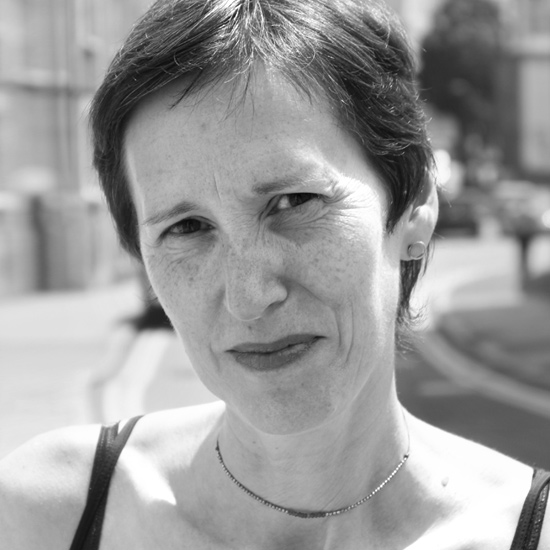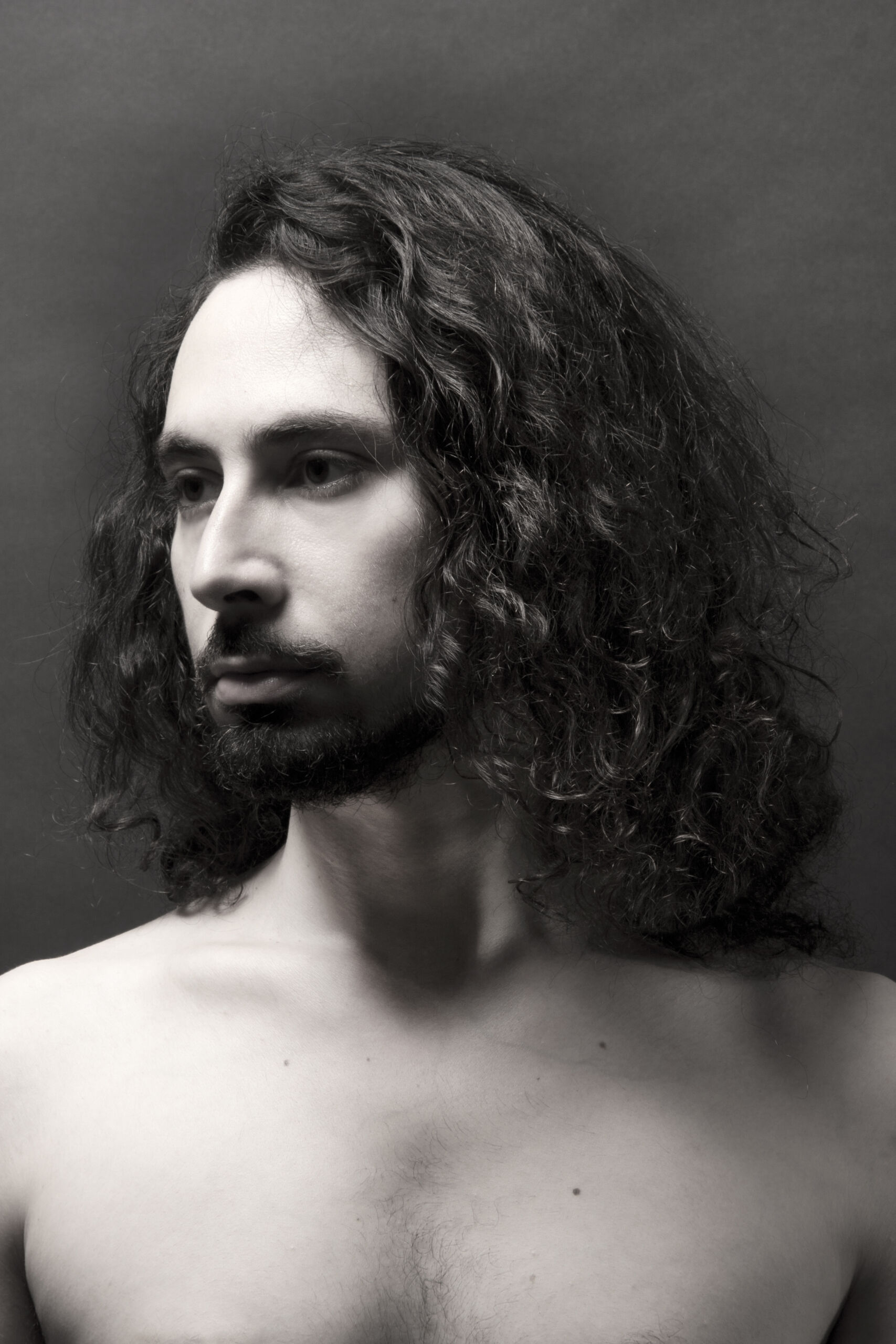We have a complex relationship with cultural heritage. In celebrating its riches, we must also acknowledge the challenges it presents.
For the third discussion in our series Against Disappearance, we uncover hidden stories from city neighbourhoods, nightlife and cabaret cultures and how we re-tell uncomfortable aspects of history in archival displays.
Societies, demographics and customs develop and alter. Experiences of previous co-existences, alternative lifestyles and marginal lives become invisible either by simple acts of forgetting or deliberate erasure. Cultural heritage protection enables us to peel away layers of previous presences. Contemporary artists approach hidden existences with curiosity and intensity, finding signs of former lives and relating them to our current discourse on identity, home and personal histories.
Journalist and commentator Jo Glanville leads a panel to explore fascinating examples of hidden heritage from Turkey, Egypt and Iraq. Visual artist Hera Büyüktasçiyan talks about her collages recently displayed in the British Museum’s exhibition Reflections: Contemporary Art of the Middle East and North Africa. They are based on research into ethnically and religiously diverse neighbourhoods in Turkey and India. Choreographer and director Adham Hafez discusses his re-imagining of the lively Cairo club scene at the turn of the 20th century in HaRaKa Platform’s performance Cairo KitKat Club. Rashad Salim has worked to document, protect and revive the endangered craft heritage of Iraq: ancient Mesopotamian boatbuilding techniques currently feature in Iraq's national participation at the Venice Biennale 2021.
We also learn more of the rich history of the port city of Basra in Iraq which has often been turbulent and sometimes glamorous, but has been hidden from the world and from its own citizens behind war and devastation in recent decades. Tamara Alattiya and Noorah Al-Gailani project to renew the city’s main museum, located in a repurposed palace which had been built for Saddam Hussain, aims to recover that history and connect with popular memory and civic pride.
Presented in partnership with the British Council Cultural Protection Fund and the British Museum as part of Shubbak Festival 2021. The Cultural Protection Fund is led by the British Council in partnership with the Department for Digital, Culture, Media and Sport.






